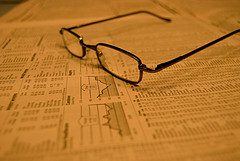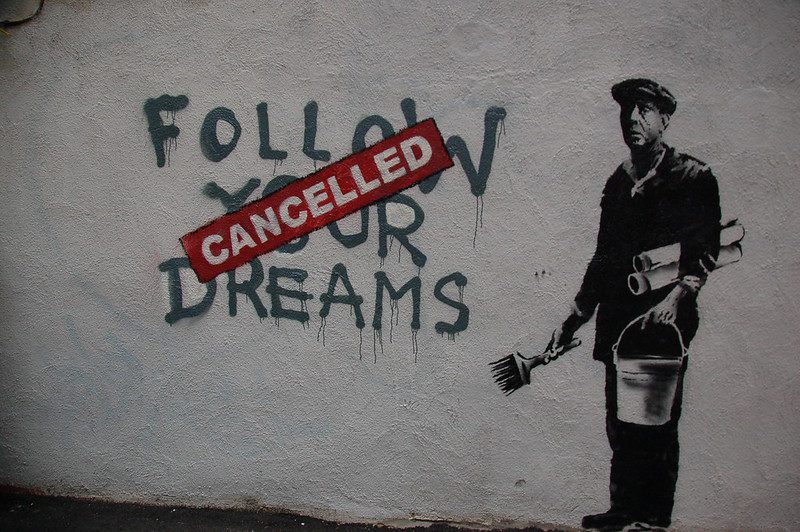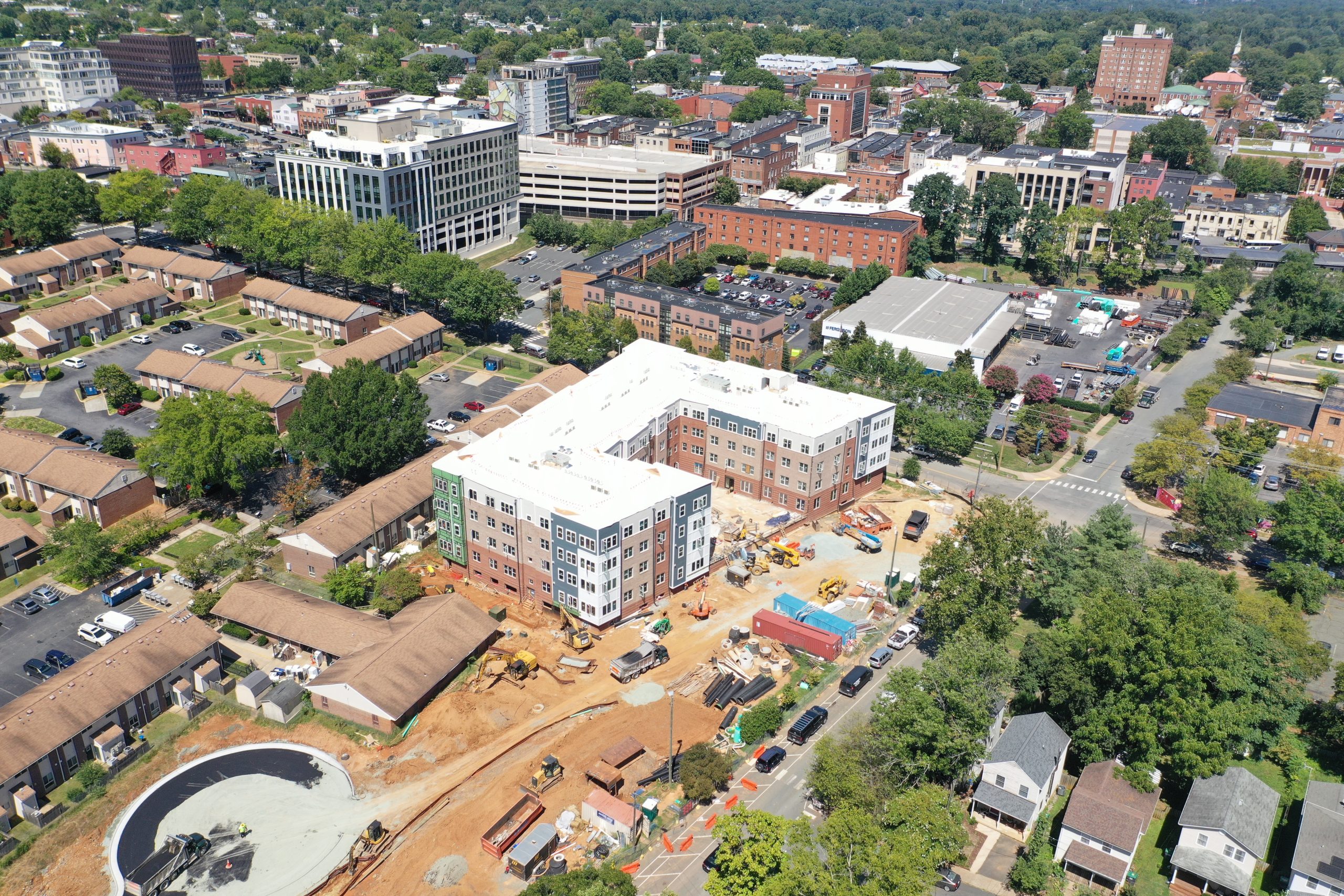The pushers of homeownership often try to convince people that they cannot lose by owning a home. They often use lines like “you can always live in your home.” This is an obviously true but completely meaningless statement. It is important to understand that there are real risks associated with homeownership and in many cases it will not prove to be an especially good investment.
First the idea that homeownership is somehow riskless is nonsense.
On average home prices do rise at the rate of inflation. However, there are many areas where home prices rise more slowly than the inflation rate, just as there are areas where they will rise considerably more rapidly than the rate of inflation. In this sense, homeownership carries considerable risk, since the price of the house can actually fall when adjusting for inflation.
Furthermore, in many cases the price of a home may follow the prospects of a major employer in the area, as has been the case for the auto industry in the Detroit area. When the auto industry was doing well, house prices in Detroit kept pace with or exceeded the growth in house prices nationally. However, when the auto industry tanked, so did house prices in the Detroit area. Adjusted for inflation, house prices in the Detroit area are on average 25 percent lower than their level of two decades ago.
For an auto worker in the Detroit area, buying a home was pretty much the equivalent of taking every penny they had and investing it in shares of GM stock. If GM did well they would be fine, but when GM went down, tens of thousands of autoworkers found themselves without a job and a house that was worth $15,000, if they could sell it all. It’s perhaps true that these people could still live in their home, but that wouldn’t necessarily do them much good if the nearest place they could find a job was several hundred miles away.
Even in the more general case where house prices do not plummet due to the decline of a key industry, it may not be the case that homeownership is an especially good investment. On average, house prices rise in step with the rate of inflation. If we have 2.0 percent annual inflation over the next 25 years, then a house that sells for $200,000 today will on average sell for $330,000 in 25 years.
By contrast, if a $40,000 down payment was invested in the stock market for 25 years, and the stock market provided its long-term average return, it would have accumulated to more than $340,000. And the person investing in stocks would have made no additional principal payments over this 25-year period. Homeownership doesn’t look like a very good investment with this math.
Of course stocks carry risk as well. Many experts who should have known better encouraged people to buy into the bubble-inflated markets of the last two decades. As a result, many middle class people who thought they were safe by buying into the stock market lost a substantial chunk of their savings. However, the good part of the story is that with the stock market having fallen back to its trend levels, there is little risk of large losses in the future.
There are still reasons that many people may not feel comfortable buying stock, but the point is that as an investment, homeownership is neither especially secure nor does it typically offer a very high rate of return. There will be many cases where it proves to be a good investment for families and a way to accumulate wealth either for retirement or to pass on to children. But the idea that it is a sure fire way to the middle class and financial stability is just wrong.
(Photo CC BY-SA, Iman Mosaad.)






Comments